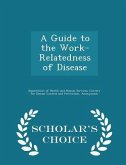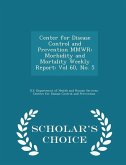The racial psychological disease of the Caucasian is present in utero, and it begins to manifest itself in one of the initial stages of what Erikson called the stages of psychosocial development, particularly around the ages of three to eight (Erikson, 1997). Many in the world of psychology and mental health ascribe to the thought that racism is a learned behavior; however, this author begs to differ with that assertion and will state that there is no framework for learning to be a racist as well in the reversal, there is no framework to unlearn racist behavior; therefore this author posits that Caucasians have a genetic predisposition to be carriers of this contagious mental disease with stemming from epigenetic and hereditary factors resting within the central nervous system, specifically the brain of all Caucasian people. Depending on their home environment, socio-economic conditions, and level of exposure to racialized behavior will determine which two types of the Racial Psychological Disease (RPD) (variant 1 or variant 2) that they carry. The disease and how it physiologically and psychologically affects the Black people in America has been heavily researched by prominent psychiatrists like Drs. Patricia Newton and Richard King (King, 2010). All non-white groups are carriers of one of the three types of the Racial Psychological Infection (RPI), with the lighter races, the yellow, red, and brown having a different pathology than the black. The whole human population has been made sick by the Caucasian white race of people. Additionally, the Caucasian researcher Michael Bradley highlighted the phenomenon in his work entitled, The Iceman Inheritance shares some of the historic and cultural symptomology of the Caucasian behavior.
Bitte wählen Sie Ihr Anliegen aus.
Rechnungen
Retourenschein anfordern
Bestellstatus
Storno









